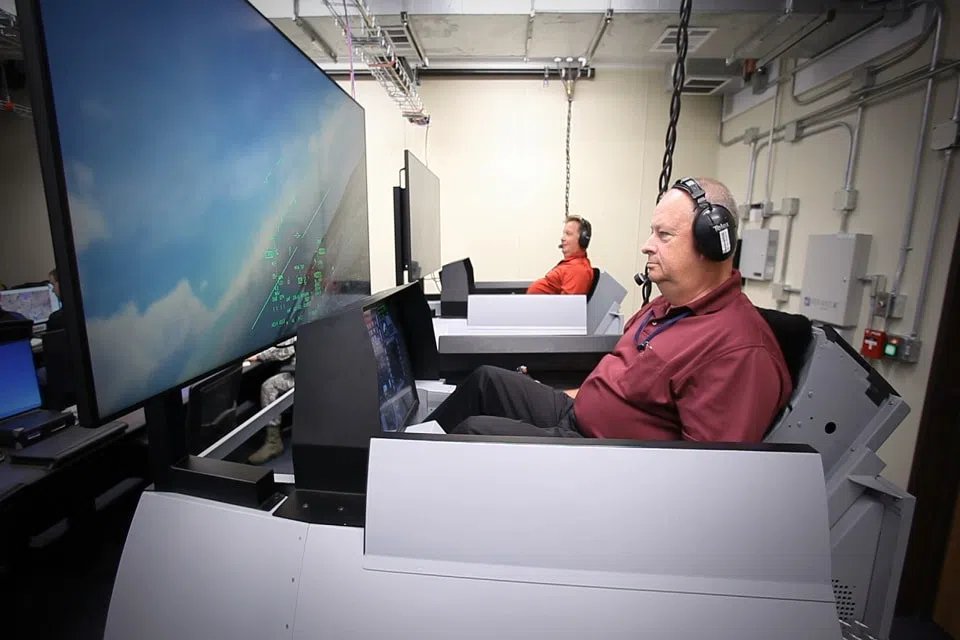The Intersection of AI & Sustainability – What’s Next?

Artificial Intelligence today is astonishing. We used to worry that there was data overload – so many devices and businesses producing so much data that nobody could ever read or understand it. AI has completely solved that problem. AI happily eats up all the data we give it and can produce coherent summaries. Want to have an overview of a thousand documents describing building features and to what degree they satisfy regulations? AI can give you that perfect executive overview. Need a clear opinion of whether a legal document meets your requirements? AI can give you a clear and informed view.
Other AIs trained on text and images can learn how to interpret photographs of buildings and produce surprisingly accurate estimates of energy consumption, or recommendations on how best to improve sustainability. And AI can also interpret more complex images, for example from thermal imaging cameras or satellite images, allowing us to build real-time understandings of energy efficiencies across entire cities.
AI is transforming sustainability—but at what energy cost?

In customer-facing roles, AI can automate chat, providing sensible responses to customer enquiries. With the right data, they can enable customers to understand their sustainability options more clearly than ever before, acting as translators from complex terminology to everyday conversation with ease. AI is also being embedded with design tools to make the jobs of architects much easier. Entire carbon lifecycles will be estimated on the fly; valid sustainable alternatives will be suggested automatically.
AI is making the world’s knowledge easily accessible to all, and when that helps us to improve sustainability and lower greenhouse emissions then that has to be a good thing. But as with all new technologies, there is a downside to AI. The biggest and most effective AI models are not exactly green. They’re energy-hungry, compute-intensive monsters that took millions of dollars to train. Every time anyone uses an AI, a vast number of computations need to take place – and people are using AI a lot these days. AI uses the same amount of energy as entire countries – by 2026 it has been estimated that global AI may use as much as the whole of Germany. Every new generation of hyperfast chips designed for AIs uses more and more power. That’s not green at all. So we have a real dilemma today.
AI is amazing. But its energy efficiency is not. Researchers are working hard in an attempt to make more efficient and less power-hungry AIs (DeepSeek shows us one recent example of how that can be achieved). But this form of AI involves heavy computation – there’s no getting around it.
Why AI Needs to Be Used Selectively for a Sustainable Future
We need to use a metaphor to figure out the best solution for the planet. AI is an amazing Formula One car. It can do things that ordinary cars simply cannot. Its technology is years ahead of the normal tech we see every day. But it eats fuel ten times faster than your family car and it’s extremely impractical for many tasks. Generative AI is amazingly good at some things, as we’ve seen. It’s amazingly bad at others (it cannot count, it struggles to edit documents selectively, and it loses track of its goals when given complex tasks).
Above all else, generative AI is vague. Precision, accuracy and consistency are not its strong points. AI also needs a vast amount of data for training, which can raise serious ethical concerns when the data may have been used without permission. So it is important to use AI selectively. Just as we don’t use a Formula One car to do the school run, we should not be using multi-billion-dollar AIs to perform tasks that ordinary - and much more reliable – software can perform.
And if we really need AI, consider much smaller AIs that don’t need the same energy to run, and ensure the AIs are supported by normal and reliable code to do essential computations. Despite the hype, AI is not a panacea. It’s a potent tool when used correctly and a tremendously wasteful tool when misused.
As we navigate this evolving landscape, we must be mindful of energy consumption and sustainability. That’s why our sustainable accommodation integrates a sustainability program, ensuring that while we embrace technology, we also prioritize responsible energy use for a better future.
Related Article

Rethinking Electric Heating: Save Money & Energy Smarter
Dr Peter Bentley Phd Bsc(Hons)
21 Mar 2025
Currently, in the UK, electricity costs much more than gas. The costs are rather ridiculous because the price of gas is actually used to help set the price of electricity and a lot of taxes are charged on electricity rather than gas. Historically, this made s

Welcome to EcoGrade: Your Path to Eco-Friendly Apartments
George Galpin
22 Aug 2023
Welcome to EcoGrade: Your Path to Eco-Friendly Apartments Today, environmental consciousness and sustainability are important in many aspects of life, including travel and lodging. Innovative technologies are helping us reduce our carbon footprint and make ec

How Technology Has Transformed the Travel Industry
Andrew Dedman
11 Oct 2019
As traveling around the world gets easier, the number of people on the move increases. More people are travelling than ever before and like the ease of movement improves, the demands for even greater ease and speed increase. This is where technology is playi



